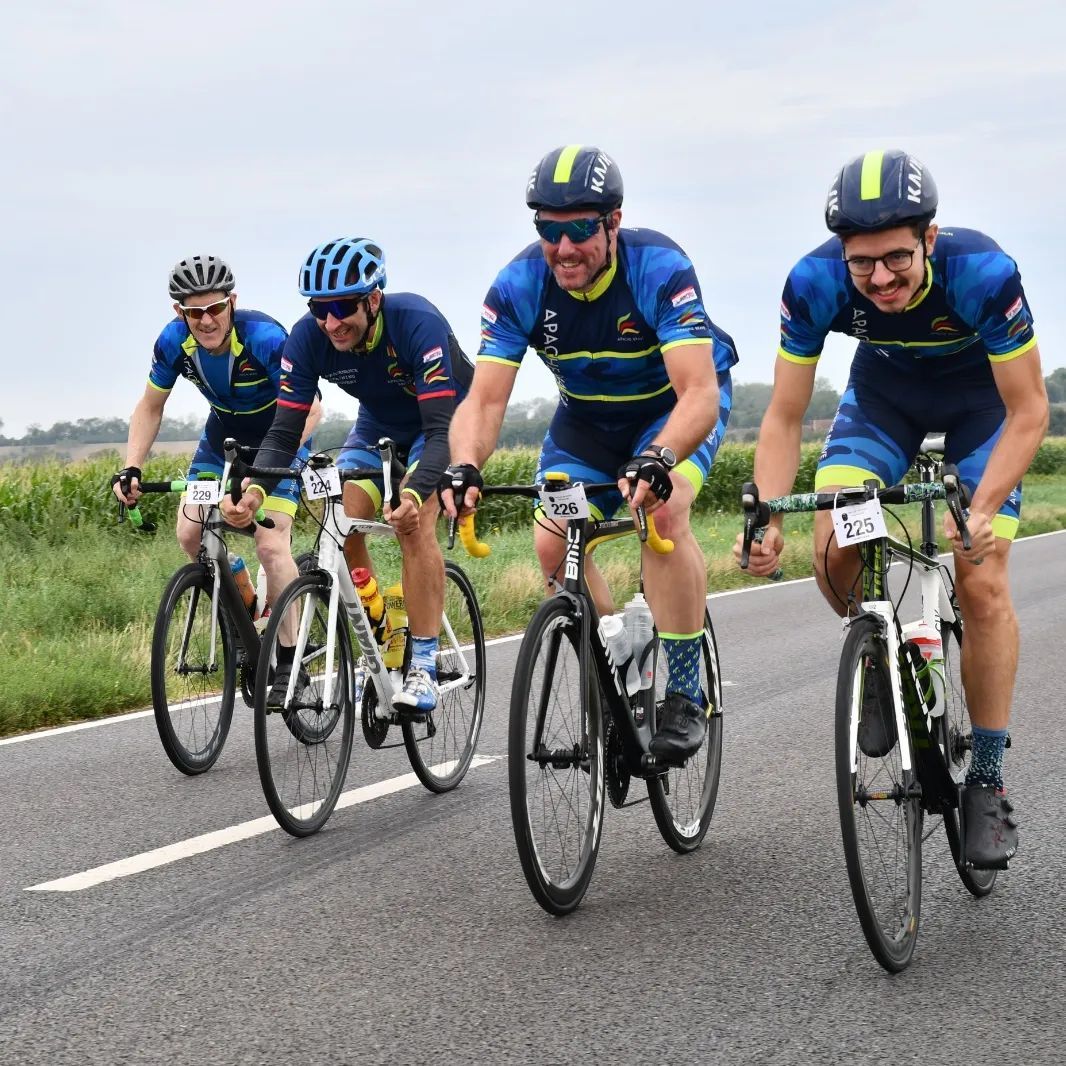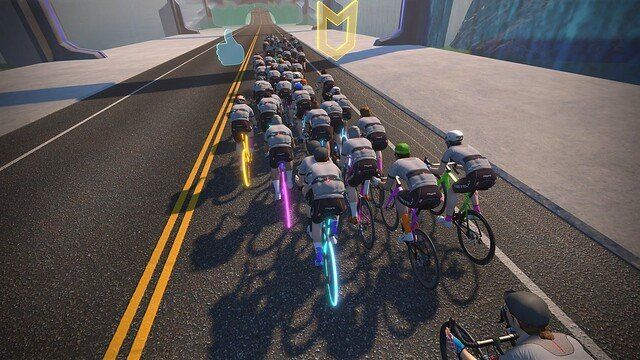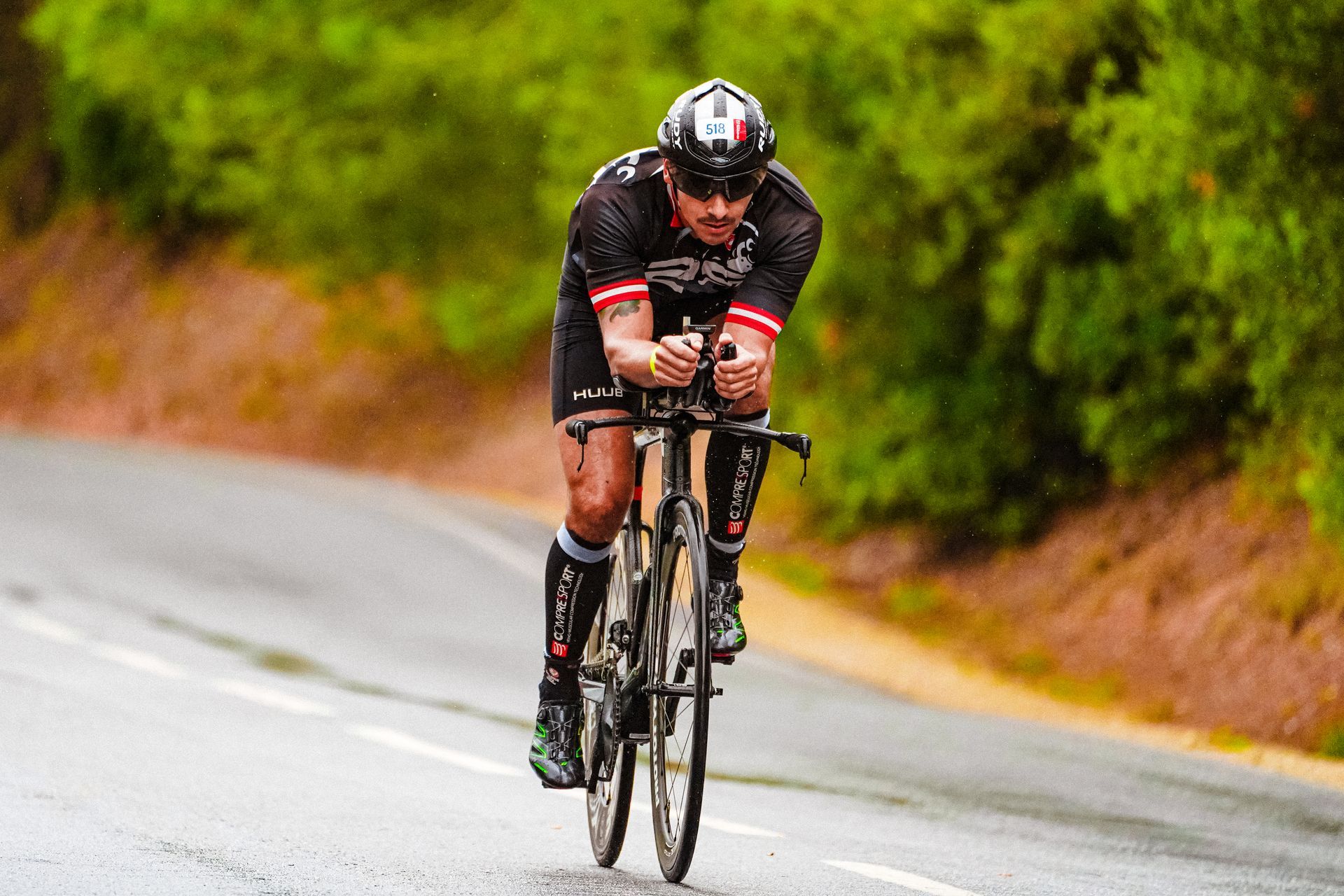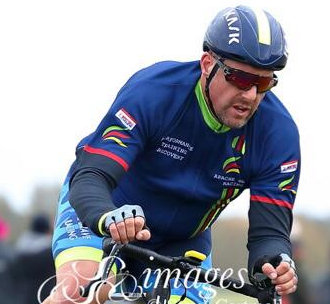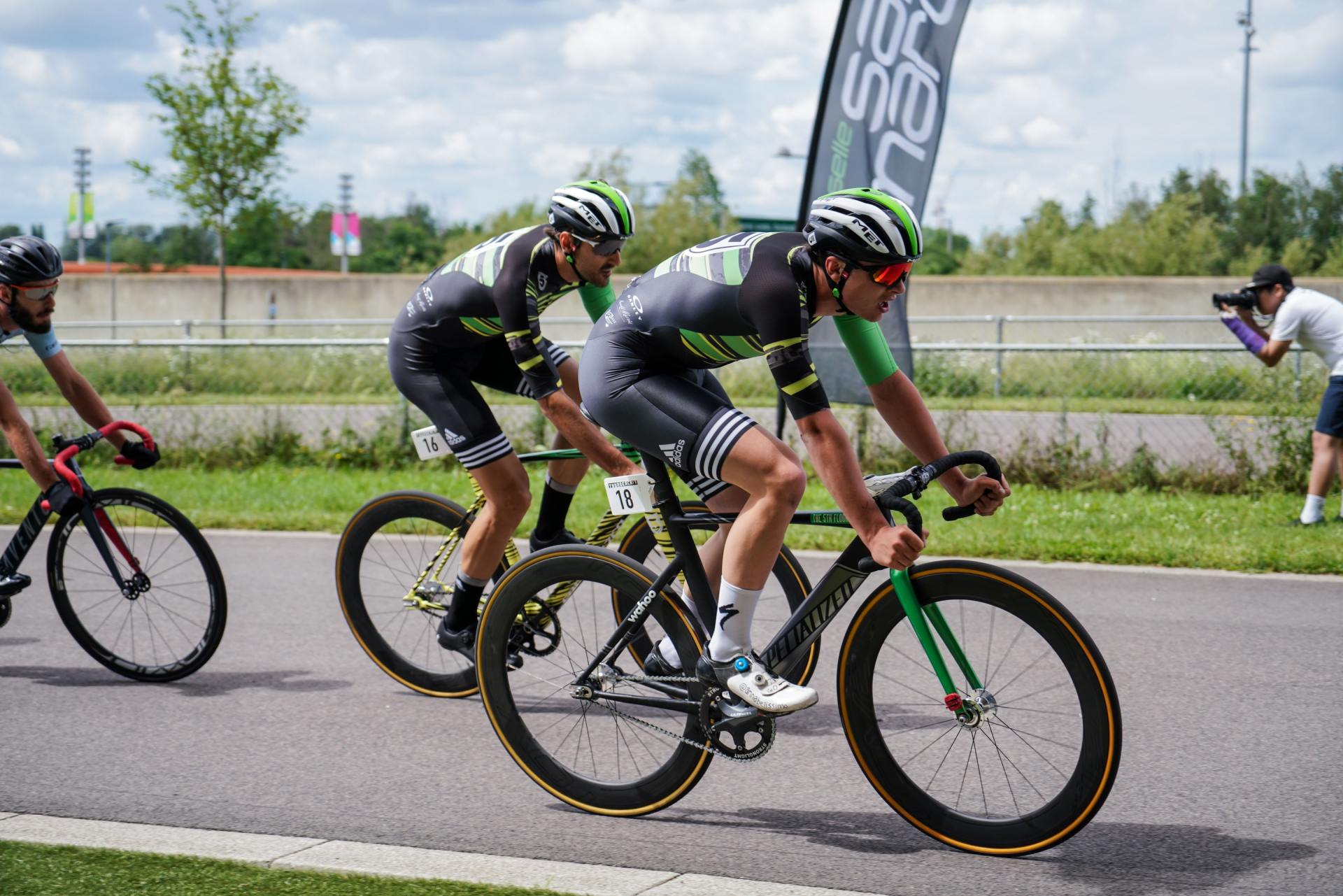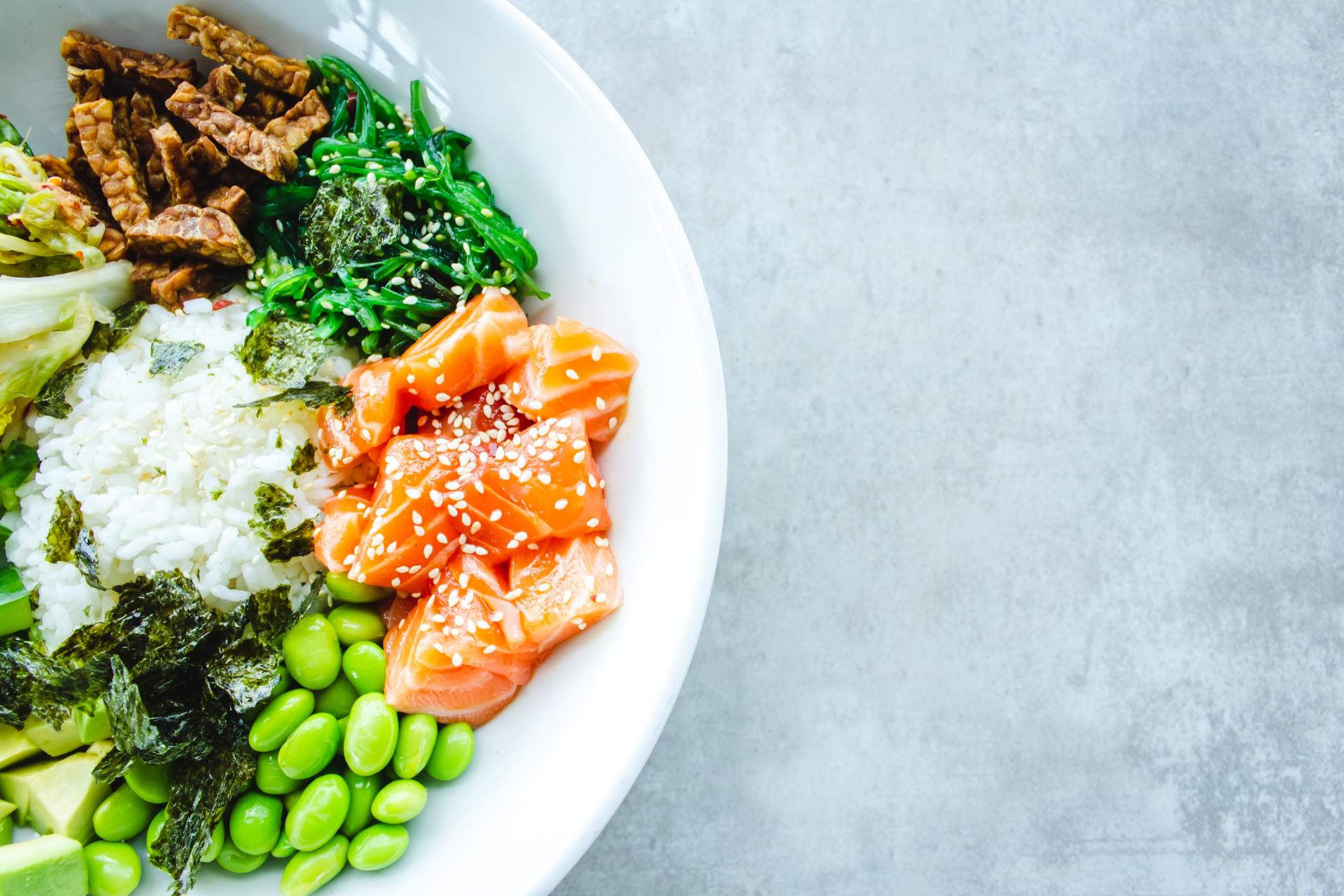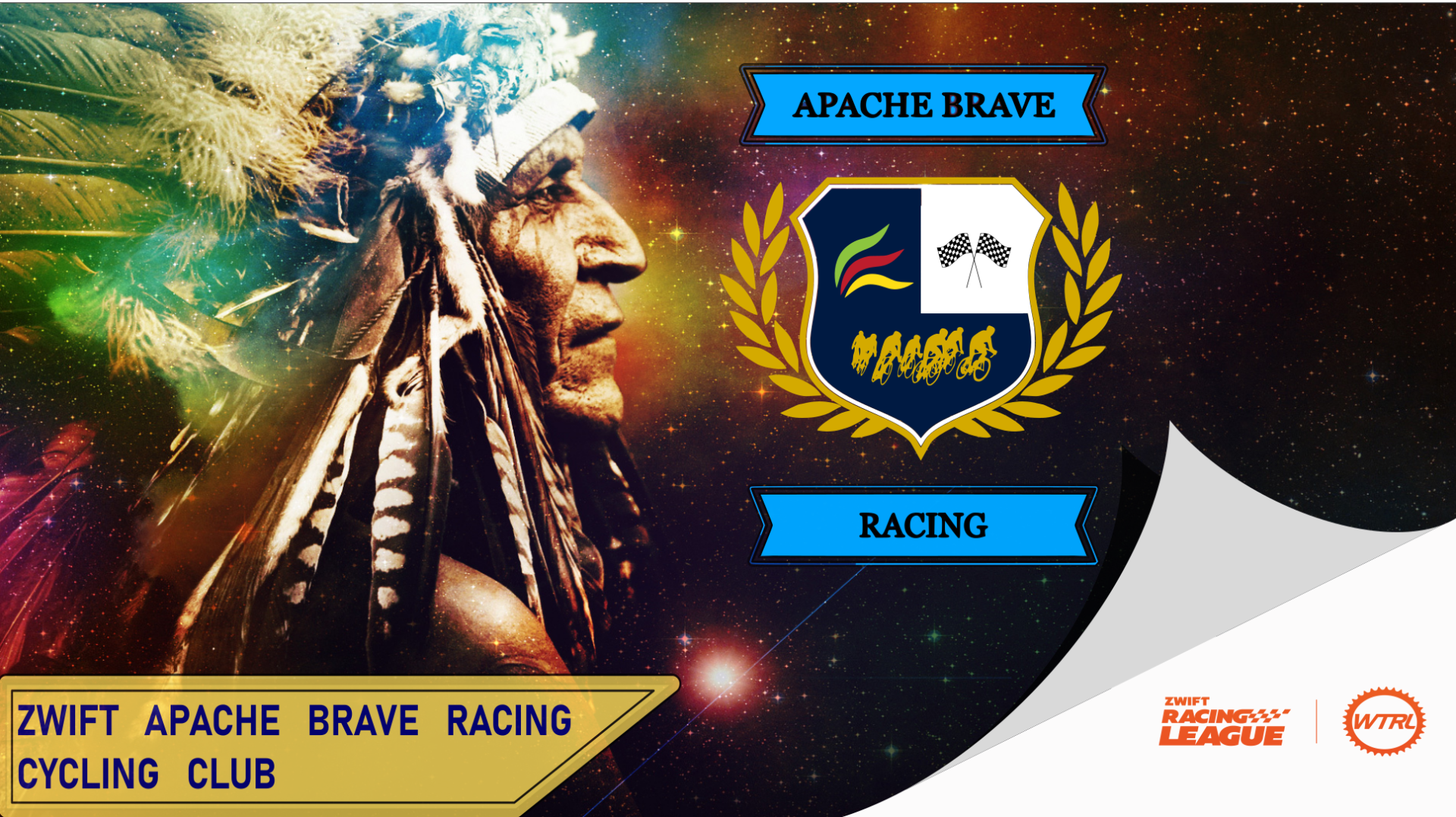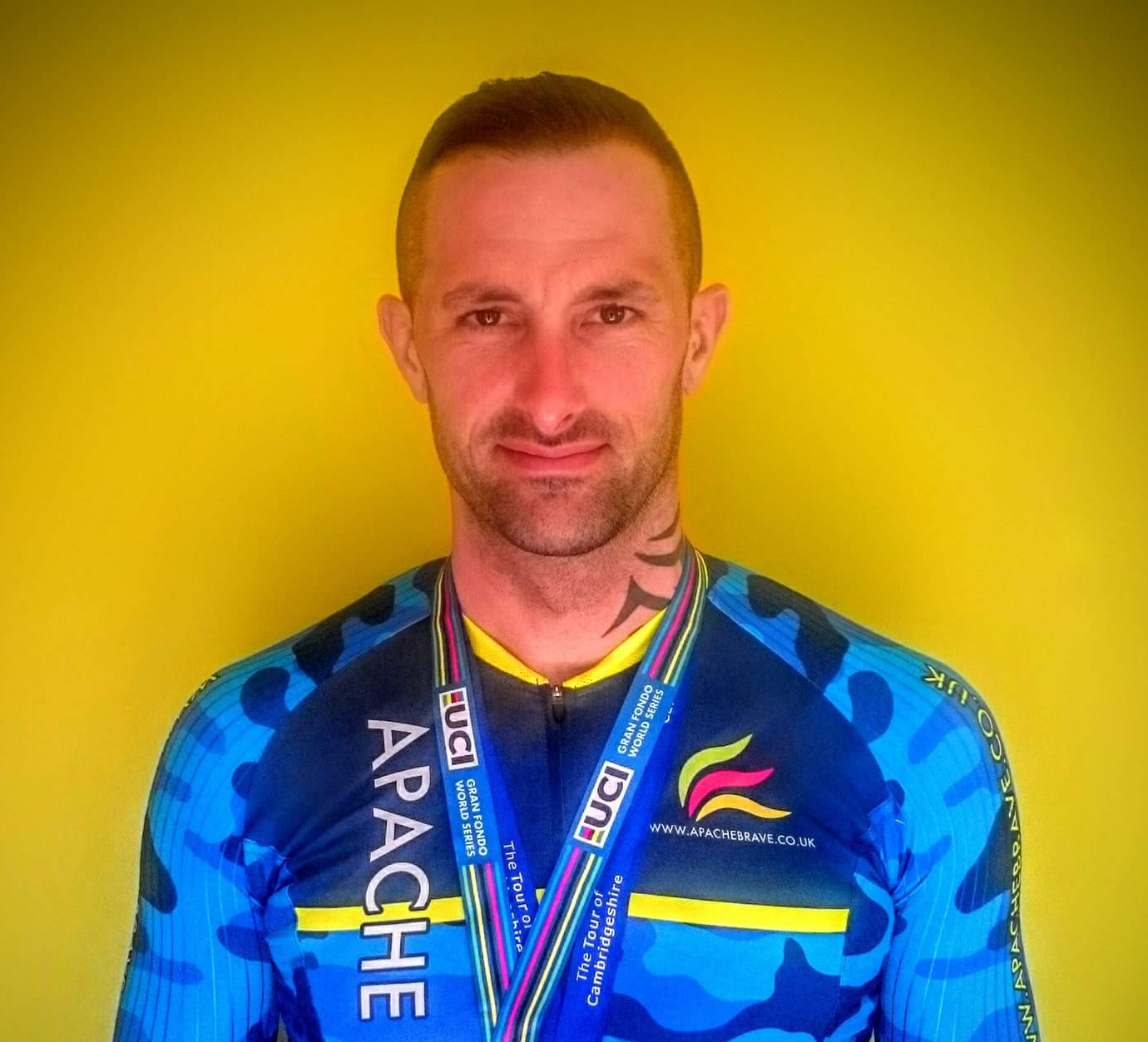A Cyclist Diet
Planning a cyclist diet guide
Road cycling encompasses a verity of events including time trials, criteriums and road races of varying distances, from 10km to 150km. For road cyclists the majority of training occurs on the road, with distances of 200km or more per week for serious club level cyclists.
This is why diet and nutrition plays a vital and pivotal role in performance, eating the right food at the correct times will help achieve your targets throughout the season. Practicing with different foods to optimize your performance will help you feel more ready for “race day” events. Depending on what type of training and cycling you do will dictate your diet, finding the right balance will play a key role in your performance.
Training diet
To support the long hours of training for road cyclists, a nutrient rich diet is necessary. Carbohydrate needs should match training loads and timing of meals and snacks should be planned to ensure adequate refueling, repair and adaptation. This is especially during high-volume training blocks. Daily carbohydrate requirements depend on training demands but typically range from 4-7g/kg/day for club cyclists
Frequent meals and snacks can help meet energy and carbohydrate needs when requirements are high. Including protein rich foods spread evenly over the day helps to promote adaptation and recovery.
Athletes with a restricted energy budget should plan the timing of their meals to be able to eat soon after training to maximize recovery. Recovery snacks or meals should be nutrient-rich (carbohydrate, protein and micronutrients) – for example fruit, dairy, wholegrain and lean proteins – to ensure that nutrition needs are met within energy budget.
Hydration needs for road cycling
Road cyclists should aim to drink enough fluids each day to replace fluid losses, adapting their fluid intake to factors which impact fluid losses such as temperature, wind, sweat rate, training intensity.
The aim is to start any session well hydrated. This requires drinking regularly throughout the day leading up to training or competition. Having a drink with all meals and snacks and sipping on fluids regularly during training is a good start.
It is not necessary or practical to replace all fluid losses during a training session or race. Drinking water while consuming salt-containing foods (e.g. bread or crackers) can be as effective as specialized rehydration drinks for replacing fluid losses in the recovery period.
What to eat before cycling
The body only has a limited supply of carbohydrate in the muscles and liver. Since carbohydrate is main source of fuel for the body during high intensity exercise, muscle fuel stores should be topped over in the 24-48 hours before competition to enhance endurance performance.
Depending on the length of the race, a cyclist may need a high-carbohydrate diet for 1-2 days leading in to an event. Choosing low fibre foods and making use of compact carbohydrate foods or liquids in the last 24 hours before an event helps to reduce the stomach contents to reduce the risk of gastrointestinal upset.
On race day, the final pre-event meal should be eaten ~2 hours before the start. Foods chosen should be rich in carbohydrates and low in fat and fibre to aid digestion and prevent stomach issues. If the athlete is nervous or solids don’t sit well a liquid carbohydrate (e.g. smoothie) is a good alternative. Some other suitable ideas include:
- Porridge with milk and fruit
- Rice based dish (e.g. risotto)
- Fruit smoothie
- Baked potatoes
A smaller snack may also be eaten 1-2 hours before. Some suitable pre-race snack ideas include:
- Creamed rice
- Yoghurt with banana
- Fruit toast with peanut butter
- Muesli bar + fresh fruit
What to eat and drink while cycling
Cyclists should aim to start events well hydrated. Not sufficiently replacing sweat losses can negatively impact cognitive performance and reduced power output. In road races, sipping on fluid regularly throughout the event will help to top up fluid levels. During short criteriums and time-trials, usually no fluids are carried to reduce bike weight so pre-event hydration is particularly important, especially if hot. Water is suitable for short sessions, but in long events or in hot weather, sports drinks helps to simultaneously replace carbohydrate and electrolytes.
The amount of carbohydrate needed during events will depend on the distance and time taken to complete the race. For short high-intensity events, regularly mouth-rinsing with a carbohydrate drink, may provide performance benefits. In longer events (beyond 90 minutes), consuming ~30 to 60g carbohydrate per hour is recommended to prevent muscle fatigue, maintain power output and cognition. Higher rates of carbohydrate (up to 90g/hour) may provide additional benefit at high speeds and events longer than 3 hours, but this must be a mixture of glucose and fructose and will need to be practiced during training.
A range of foods and liquids can be consumed during races including bananas, energy bars, gels, sports chews, fruit cake/fruit buns, jam sandwiches, dates or sports drinks.
Post-race recovery
To adapt to the physiological effects of training sessions and competition, recovery is crucial. Recovery meals and snacks should contain carbohydrate (fuel), some protein (for muscle repair and development) and fluids and electrolytes to replace sweat losses. Nutrient rich-choices are more valuable than nutrient-poor choices to meet nutrient goals, reduce inflammation and support immunity.
When energy needs are high and appetite is suppressed or gastrointestinal problems occur following exercise fluids may be preferred (e.g. fruit smoothies, flavoured milk). Other recovery food suggestions include:
- Muesli with nuts and seeds
- Chicken, avocado and salad sandwich
- Burritos with beef, cheese, avocado and salad
Final Note:
Don't try anything new on race day. Always experiment with types and timing of food and fluid intake during training.
